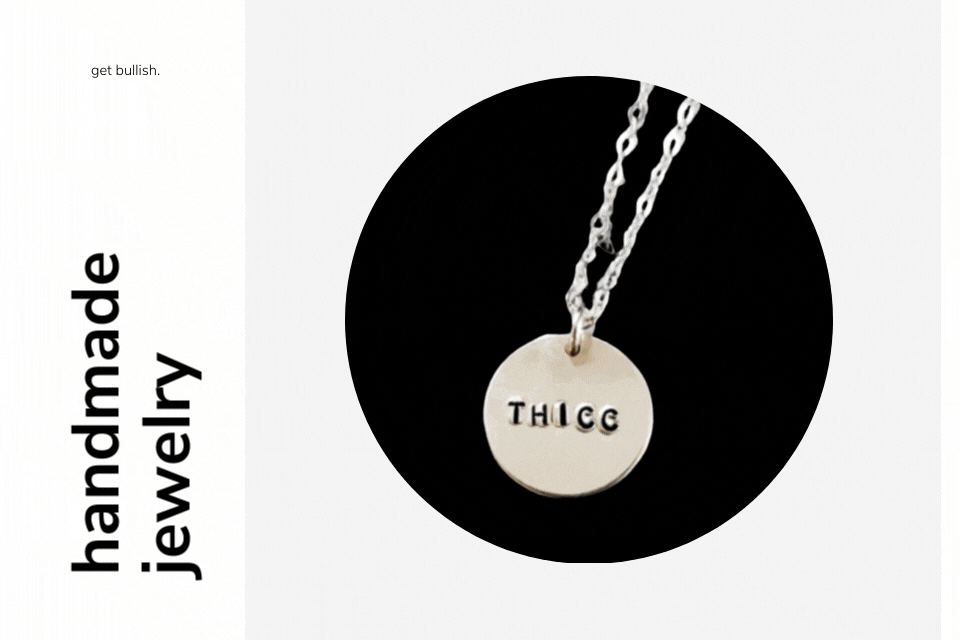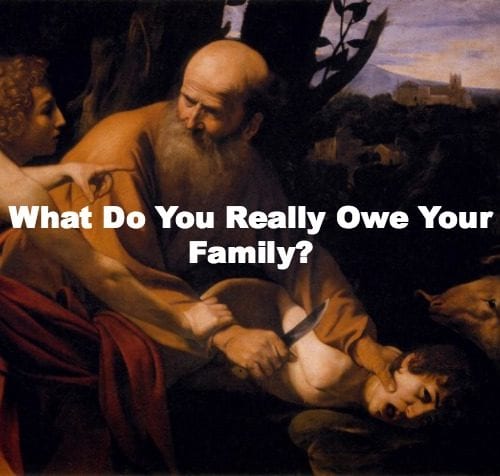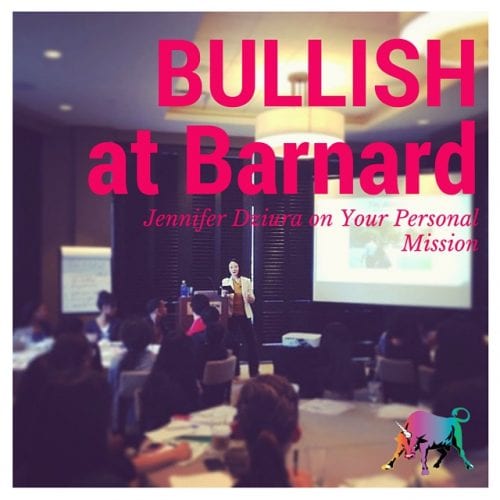A friend of mine was recently pretty upset about losing money.
Julie bought her own apartment a few years ago, and is now moving to a new city. Since it’s a bad time to sell, she decided to rent the place out. Since she’ll be in a new city, she contracted with a management company to find a tenant. The management company wanted renovations. She hired a contractor.
Then, things started going wrong.
The tenant will be moving in later than expected. The renovations are going to cost more than was originally quoted. She will have to rent the place out for three years to break even on her renovations! Oh no!
I was like, “Oh well, that’s just the cost of doing business. I mean, the other alternative is that you have to live in the apartment forever.”
Of course, if Julie were broke, that would be a different matter. If you have no money at all, you can justifiably become very upset about an unjust late fee or $5 that somehow wended its way out of your wallet. But Julie is not broke. She owns an apartment and was offered a good job in a new city.
The problem is that many people cannot conceive of a “cost of doing business” because they don’t really think they’re doing business. (See Bullish: How to Run Your Career Like a Business).
However, it’s impossible to get ahead if you aren’t willing to take some losses along the way.
I remember being shocked as a child to learn that stores just planned for shoplifting to occur, and built it into the price of the clothes.
You know how Victoria’s Secret just lets you take as many things as you want into the dressing room, and also it’s pretty easy to put three bras on at the same time and then put your shirt back on and walk out of the store in a very well-supported manner? Yeah, that’s why the bras cost $50.
While some stores crack down on shoplifting much more strictly, to get shoplifting down to zero, you’d have to make the store a very unpleasant police state where no one would want to shop. (I’ll bet North Korea has shoplifting down to its very lowest asymptote.) So, you just have to build loss into your model.
“You know how I have a lot of shoes?” I said.
“Um, yes,” said Julie.
I do have a lot of shoes. I have reached the critical mass of shoes wherein I already own the perfect pair for any outfit I could possibly buy. I don’t even think my shoe hobby is particularly wasteful, since, even though I buy a lot of shoes, I can still only wear basically one pair a day, 365 times a year, just like everyone else, so my shoes wear out much more slowly and will last much longer than the shoes of people who have fewer total shoes. Buy some red snakeskin pumps, you can wear them twice a year for life.
An aside – as I wrote this week in Bullish Life: Towards a Monstrous Regiment of Women, I think it’s time that frivolous girl-metaphors be just as allowable in business as frivolous boy-metaphors. In other words, if comparing this year’s budget to some kind football play is cool, then so is comparing it to shoe shopping. In fact, I might point out that shoe shopping at least involves money, whereas football involves physically trying to make people fall down so you can grab things out of their hands, which is generally considered a bit rude in business.
So, back to the shoe thing. I regularly send off near-new pairs of shoes to the thrift store. You know, sometimes you buy what looks like a cute and practical pair of wedges, but it turns out that they made the wedge part out of some kind of masonry material, and each shoe weighs more than your entire leg, so you can walk in the shoes if you really concentrate, but if you have to work that hard to wear a pair of shoes, they’d better be gorgeous and encrusted with diamonds (and also probably not wedges). So I pack them off to the thrift store and don’t think a thing about it.
Then, when I wear the shoes that I do like, I consider the fact that their actual cost is basically twice what I paid, since each excellent pair of shoes is subsidizing a pair of shoes that just didn’t work.
And that’s fine. I don’t feel guilty about it. I don’t store shoes I’m never going to wear. I’m happy if someone at the thrift store can get a near-new pair of shoes for cheap.
I am very comfortable with the cost of doing business. It saves me a lot of time and guilt and trying to return things you’ve already worn but wish you hadn’t. Instead, I spend the time and energy on pursuing my actual career (well, careers) full-bore.
Here is a short list of money I’ve lost and I don’t regret at all:
- I spent $9,000 on an executive education program that I hated.
- A shitty landlord did not repay me a deposit that, after the semi-fraudulent deductions he took for “damages,” would have still been about $2,300.
- A boyfriend stuck me with $300+ in unpaid utility bills.
- A company I enjoy working for never paid me for $200 worth of work in 2010, and it would just damage my relationships to bring it back up again.
- Just this month, my fiancé and I tried to switch over the rent autopayment to a new joint account, which we neglected to fund in time, and then got socked with $84 in fees.
- My car was stolen in 2003 and I had to make payments on the $9,000 loan for three years.
These are all pretty substantial amounts of money! I did not grow up rich. As a kid, I sometimes missed field trips because they cost $20. I have permanent hearing loss that I probably wouldn’t have if I had had health insurance in my twenties. (See Bullish: Three Career F*ckups I Made So You Don’t Have To.)
And sure, I wish I hadn’t actually paid those costs, but I say I don’t regret any of it because the amount of time it would have taken to sue a landlord, try to collect money from an ex (awkward!), dig up old contracts and send them to accounting people, pester my fiancé into physically appearing at the bank with me during business hours, and wander all around New York trying to personally prosecute grand theft auto is really quite substantial.
And I used that time for other things, like writing articles and educational books that I’m proud of, getting a 780 on the GMAT to get hired at an awesome job (teaching the GMAT), writing jokes and going on comedy tours, and pursuing multiple income streams.
If you’re wondering about the car – yes, let’s talk about the car. (That’s what insurance is for, right?)
So, after my company failed, I moved to New York with $400 in my bank account. I drove here, and parked my car on the street. In NYC, you have to move your car every couple of days for street cleaning. I was exhausted – from failure, from moving – and didn’t do this as often as I was supposed to. The car collected many tickets.
I finally put the car in a parking facility. In NYC, parking in lots and garages is by the hour, day, or month, and some facilities actually store the “monthly” cars off-site; you call 24 hours in advance if you want to pick up the car, and they bring it back to the local garage for you.
I put my car in just such a facility. I might have become remiss in paying my bill. I went to see about my car (and pay my bill) and was told by a parking attendant that the old parking company had gone out of business and that this was a new company running the facility, and they had no idea where the old cars were.
I went to the police, who offered to file a report for the insurance. When I explained that I did not have insurance on the car because I was broke and because I wasn’t driving the car, the officer laughed. When I suggested that the NYPD investigate what appeared to be a massive multi-car theft, the officer suggested that maybe I could figure something out by walking around the neighborhood and asking local doormen if they knew anything.
I gave up. It was a better move for me to move on, build a career and life, and become the sort of person who can absorb fairly large losses – as they are inevitable in life – and still be okay.
After all, even if I had “won,” somehow, and gotten my car back, I would have probably spent thousands of dollars worth of my time to recover it – in fact, I would have spent thousands of dollars worth of my time for a small chance at recovering it.
But when you’re young and building a career, you need to spend your time on things that both make money and increase your capacity to make money in the future, by building your skills, expanding your network, and giving you good ideas and hard-won perspective. If you’re down $9,000 from a stolen car, it would be better to move on and make $4,000 doing something awesome you can put your name on than it would be to spend the time running around town recovering the car – just to be back where you started in life before auto thieves intervened.
In last week’s Bullish: How One Best Responds to Massive F*cking Disrespect, I responded to a question from a woman who worried that leaving her terrible job would result in having to pay back the moving costs the company covered. Among other advice, I suggested that she consider just treating the money as an interest-free loan, paying it back (if her lawyer agrees that she has to), and moving on.
Imagine the kind of person who never loses money. Are you imagining a stingy old granddad? Is that the life you want?
People who are unwilling to lose money do not take risks; they work in very stable jobs, and they tend to do very well with compound interest. And that’s it.
It’s okay for some people, but probably not for people reading these kinds of articles. (See Bullish: Launching Your Empire While Your Youthful Mojo Is Still Sky-High.)
Three steps forward, one step back is better than one careful, plodding step forward at a time, with lots of worrying in between.











